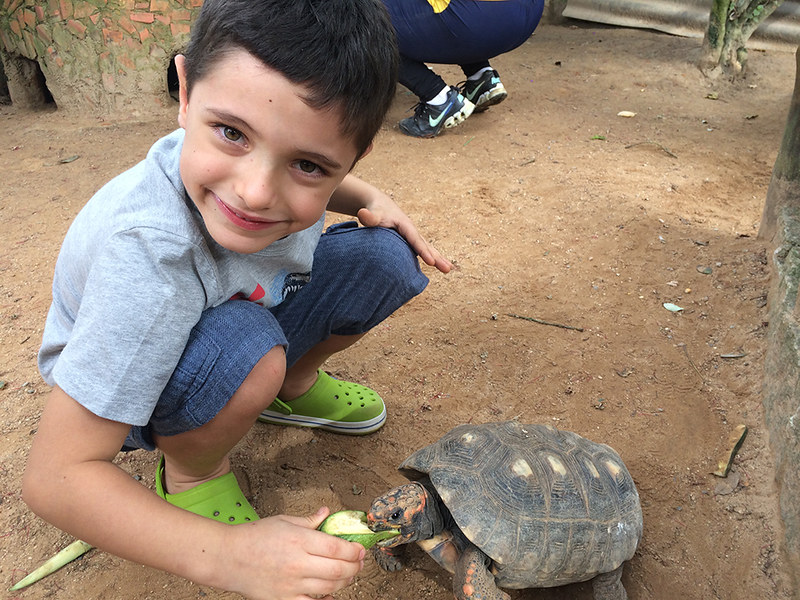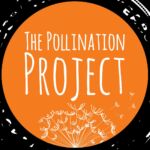In the early days of The Pollination Project, we faced a lot of criticism. People took issue with our focus on seed funding and willingness to give directly to individual grassroots volunteers. One prominent expert called our work “an unfortunate development,” the implication being that by thinking differently, we were somehow detracting from the impact that could be had if everyone did things the same way.

Heitor Violante Julio – From kid to kid: Vegan Consciousness in Schools
Those early comments assume that we all think about impact in similar terms. Here too, we have sometimes been controversial. Our focus is less on measurable outcomes from individual projects, but the spread of kindness and compassion that comes from uplifting selfless individual action. The financial exchange is just a vehicle for that inner experience, and I’ve yet to see a measurable data-point that could capture that!
As we enter our eighth year, much of that initial uproar has quieted. Still, it came to mind recently in thinking about the field of philanthropy, which is much larger than many people realize.
There are 1.56 million nonprofit organizations in the United States today, supported in part by $427 billion in donations. Roughly 20% of these gifts come from grantmaking foundations, of which there are over 86,000 of in America. Nearly 10% of the United States workforce is employed in the non-profit sector, making it the third largest workforce behind retail trade and accommodation & food service. As many people are employed in nonprofit & philanthropic work as in manufacturing.
As philanthropy has formalized and grown in this way, there are some who have called for standardization. This is particularly true within the foundation landscape, where each of those 86,000+ individual organizations approach funding decisions differently. At first blush, this seems to make sense. If we all had a shared vision, focus and process, would we achieve more? Would giving be more effective if there were some central power structure to coordinate marching orders? Is too much diversity among foundations somehow taking away from impact, as some of our early detractors felt?
I was moved in reading the work of Karl Zinsmeister, who thinks deeply about these questions and, after reading the work of a Stanford entomologist, conceptualized foundation giving as “the human anthill.”
Ants build colonies of impressive detail and size. They can assemble themselves into living bridges or rafts to escape a flood. Although they are small, they accomplish a lot by focusing on different things and dividing jobs within the colony. But who decides what job each ant does? Who organizes foraging, or mobilizes defense against predators? Who is in charge?
In short, nobody.
Ant colonies are self-organized, with each individual actor making decisions about what needs to be done based on what they see around them.
Zinsmeister writes that humans make their best decisions in self-organizing ways too. We bring different risk tolerances, varying perspectives, and (like the ants) a different knowledge of what needs to be done based on what we see happening around us. Taken together, these approaches link and scaffold to create a “gorgeous, continually regenerating, transcontinental quilt that covers millions of local needs and longings.”
Particularly now in the wake of COVID-19, there seems to be a greater appetite for new and innovative approaches. In fact, a major story in the most recent Chronicle of Philanthropy touted a new kind of giving that many were finding effective in offering pandemic relief: Giving small amounts of money directly to individuals – just like our core model.
I am a passionate evangelist for our approach, which we call “pollination philanthropy,” but I also highly value and respect the work of others who walk a different path. I see the work of our friends and partners at The Tipping Point Foundation, Service Space, The Open Philanthropy Project, The McGinnity Family Foundation, Fox Foundation, Tarsadia, and many others as a kind of amplified collective impact that doesn’t have to be centralized to be effective.
We may not share “marching orders” but I believe we are moving in the same direction.


